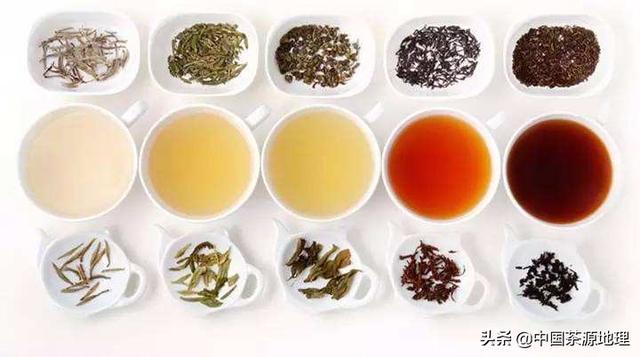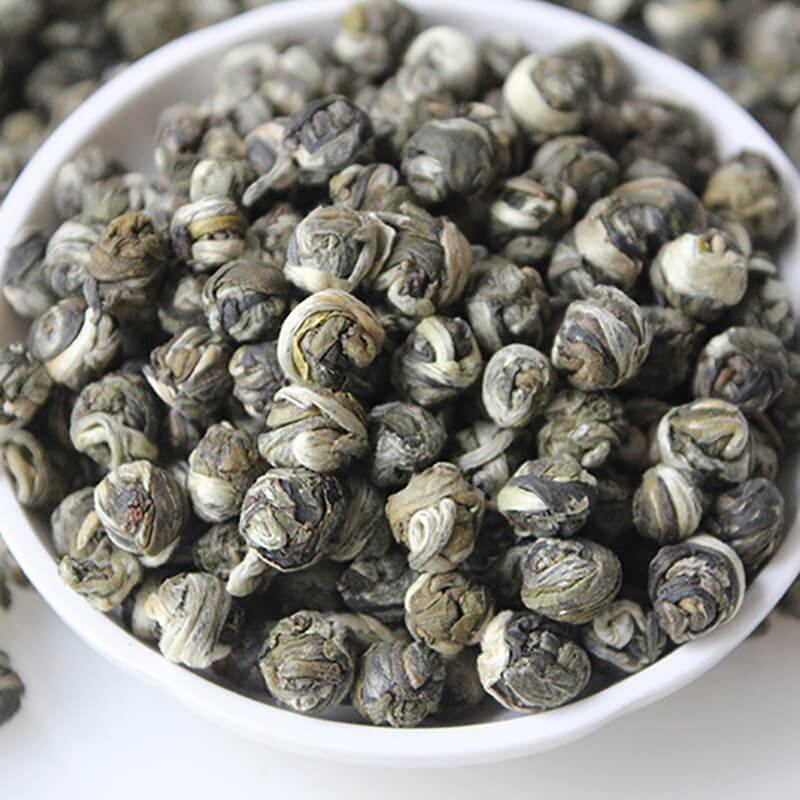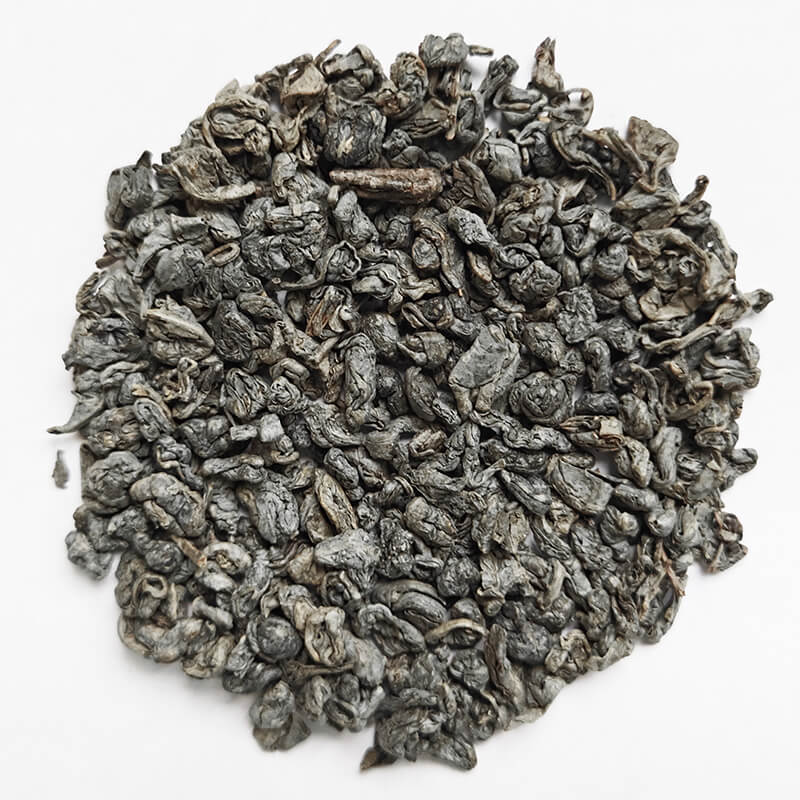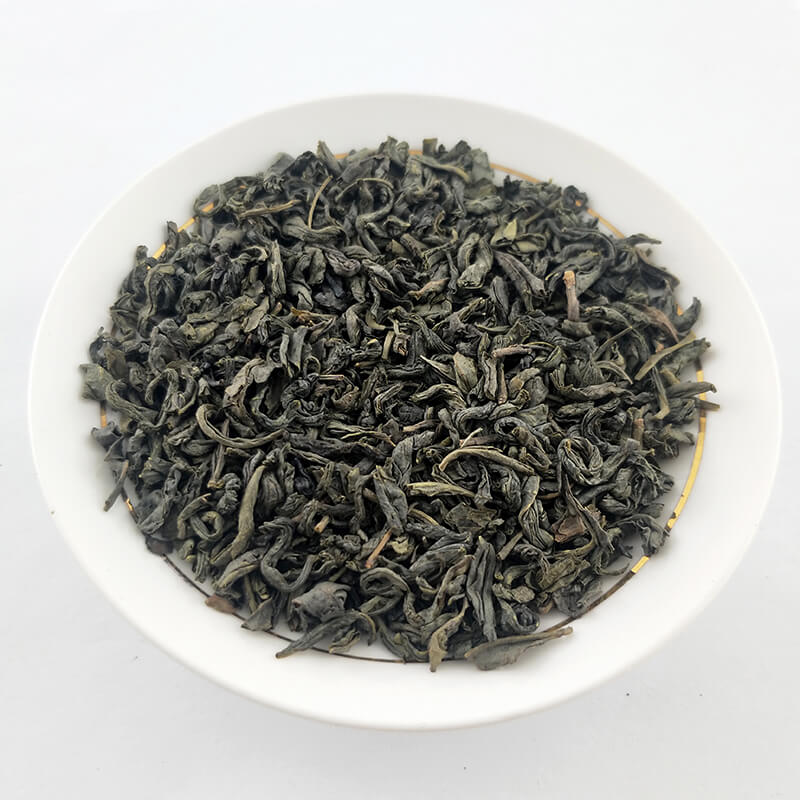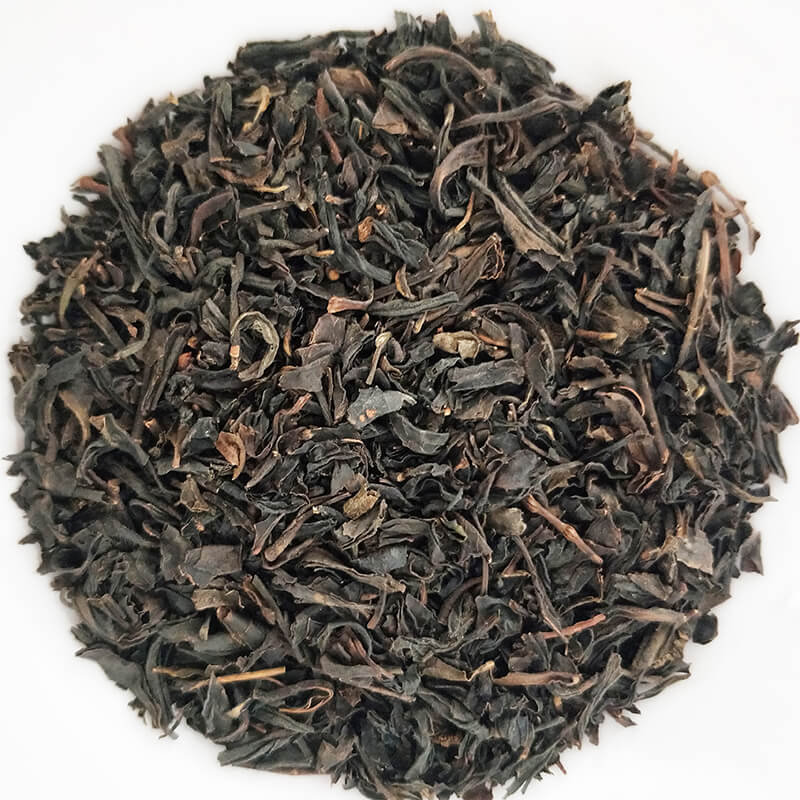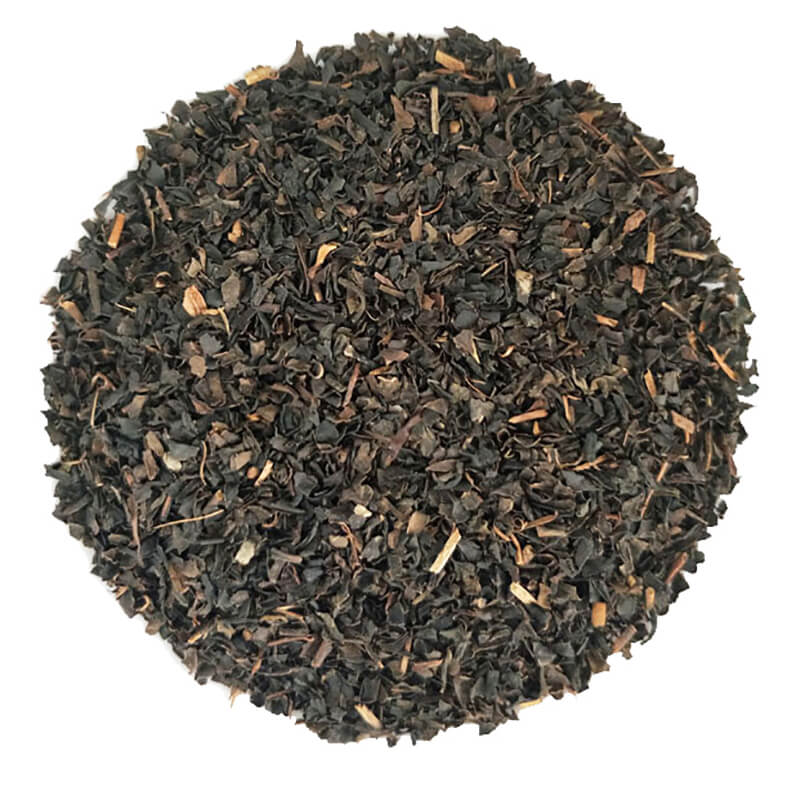Chinese black tea stands as a jewel, renowned both domestically and internationally.
A Quick History of Chinese Black Tea
Tea has occupied a significant place in Chinese culture since ancient times. Among its many varieties, black tea stands as a jewel, renowned both domestically and internationally. However, it’s intriguing to note that the beverage we call “red tea” in Chinese is referred to as “Black Tea” in English, rather than “Red Tea.” Behind this lies a fascinating tale of history and cultural exchange.
Legend has it that black tea originated in the mid-Ming Dynasty, in the Wuyi Mountains of Fujian Province. Local tea makers began experimenting with a new tea processing method, which resulted in a tea that gradually darkened in color, ultimately taking on a deep red hue. However, when British merchants first imported this tea from Fujian in the 17th century, they saw the dark color of the dried leaves themselves, not the brewed tea. Thus, they named it “Black Tea,” a name that has stuck ever since.
Some argue that this is a reflection of cultural differences between East and West. In the West, people tend to focus more on the color of the tea leaves, while in China, we emphasize the color of the brewed tea. Therefore, while we call it “red tea” due to its brewed color, the English refer to it as “Black Tea” based on the appearance of the leaves.
Flavours of Chinese Black Tea
Black tea boasts a rich history and a unique flavor profile. Chinese black teas vary widely in taste, ranging from intense floral notes to robust fruity flavors and sweet honeyed aromas. Among them, Qi Men black tea is renowned for its distinctive “Qi Men aroma,” a blend of floral, fruity, and honeyed scents that captivate the senses. Yunnan Dianhong, on the other hand, is known for its bright red brew and intense floral aroma, transporting one to a garden of blossoms with every sip.
Caffeine in Black Tea
In addition to its captivating flavor, black tea is rich in essential nutrients. It contains high levels of polyphenols, potent antioxidants that help neutralize free radicals and reduce oxidative stress on the body. It also contains a moderate amount of caffeine, which can enhance alertness and focus when consumed in moderation. Furthermore, black tea is a good source of vitamins and minerals, including vitamin C, B-complex vitamins, zinc, potassium, and magnesium, all essential for maintaining good health and immune function.
Oxidization
The oxidation process during black tea production is also noteworthy. During this process, polyphenols in the tea leaves undergo enzymatic oxidation, forming compounds like theaflavins, thearubigins, and theabrownins. These compounds not only contribute to the color and flavor of black tea but also provide unique health benefits. For instance, theaflavins possess antioxidant properties that can protect the body from free radical damage, while thearubigins may help lower blood pressure, improve lipid profiles, and reduce the risk of atherosclerosis.
Health Benefits
The health benefits of black tea are numerous. Its polyphenols are potent antioxidants that can reduce the risk of chronic diseases such as heart disease and certain types of cancer. Research also suggests a positive association between moderate consumption of black tea and heart health, likely due to the ability of its compounds to lower blood pressure, improve lipid levels, and reduce the risk of atherosclerosis. Furthermore, the caffeine in black tea can stimulate the central nervous system, enhancing alertness, focus, and reaction time. Additionally, black tea has been shown to aid in digestion, have antibacterial properties, and promote detoxification through its diuretic effects.
In enjoying a cup of black tea, one can not only appreciate its unique flavor and aroma but also reap its numerous health benefits. Whether indulging alone or sharing with friends, a cup of black tea brings both pleasure and nourishment.


